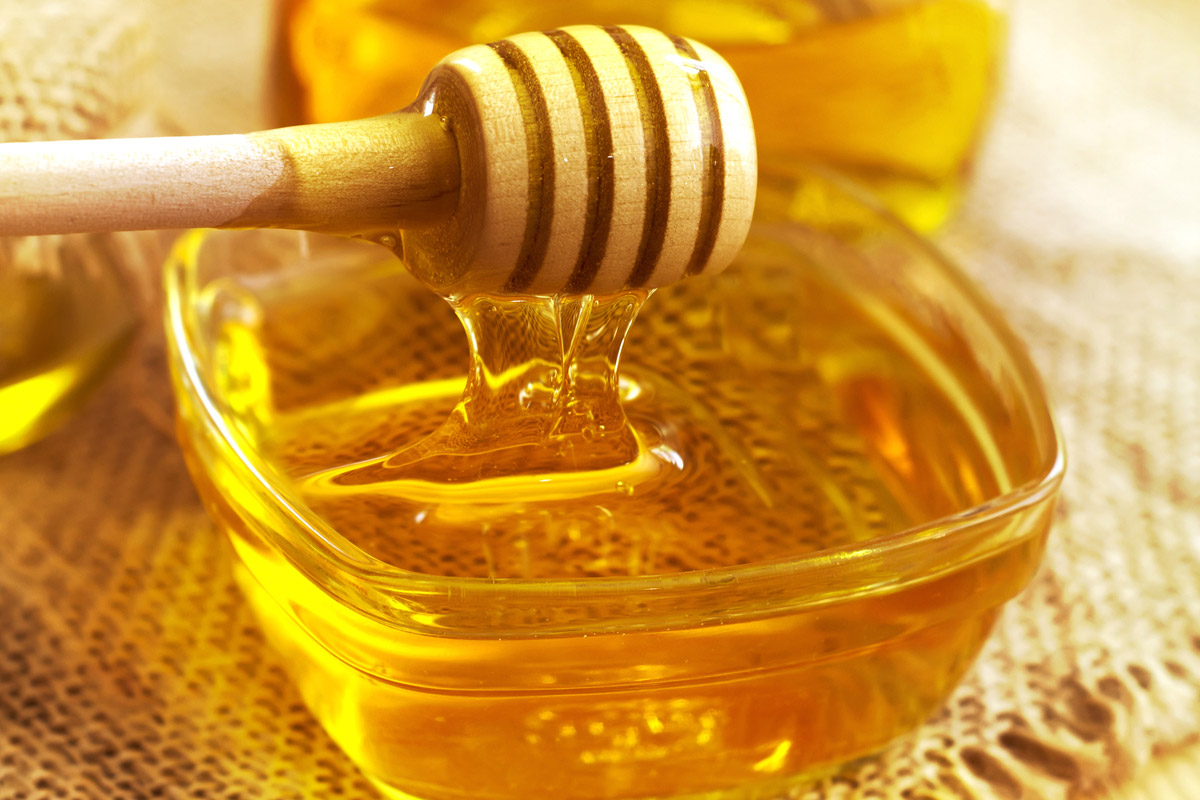Honey has long been revered as one of nature’s most remarkable gifts, and its healing properties have been recognized for thousands of years. Whether used as a sweetener, a natural remedy, or even a beauty product, honey is an all-season wonder that holds a special place in homes and hearts around the world. Among its many types, MGO honey—particularly Manuka honey—has gained prominence due to its unique antibacterial qualities, making it an increasingly popular choice for natural health and healing.
In this article, we will explore the healing power of honey, focusing on its medicinal uses, its potential health benefits, and how specific types, like MGO honey, stand out for their potent therapeutic properties. We’ll also delve into how honey can be used across different seasons to treat common ailments and enhance overall well-being.
The History of Honey in Healing
Honey has been used for medicinal purposes since ancient times. Records from ancient Egypt, Greece, and Rome show that honey was frequently applied to wounds to speed up healing and prevent infections. Honey’s use as a medicine is rooted in its natural composition—rich in sugars, enzymes, and antioxidants—which give it both nutritional and therapeutic benefits.
What sets honey apart from many other natural remedies is its wide range of applications. It can be taken orally to soothe sore throats and ease coughs or applied topically to wounds and burns to aid in skin regeneration. Modern science has begun to validate many of these uses, confirming that honey’s healing power is not just folklore but grounded in scientific fact.
MGO Honey: What Makes It Special?
One of the most talked-about varieties of honey in recent years is Manuka honey, which is harvested from the nectar of the Manuka bush native to New Zealand. What makes Manuka honey particularly special is its concentration of a compound called methylglyoxal (MGO), which gives it powerful antibacterial properties.
MGO honey is measured by its MGO rating, which indicates the strength of its antibacterial effects. Higher MGO numbers correlate with stronger antimicrobial potency. This makes MGO honey an ideal choice for treating wounds, skin infections, and even digestive issues. Beyond its antibacterial capabilities, MGO honey also exhibits anti-inflammatory properties, helping reduce swelling and irritation when applied to wounds or consumed to treat internal ailments.
Seasonal Uses of Honey for Healing
Spring: Allergies and Immune Support
Spring often brings relief from the cold winter months, but it also introduces a surge of pollen, which can trigger seasonal allergies. Many people find that consuming local honey in the spring can help reduce allergic reactions. The theory is that by consuming small amounts of pollen through honey, the body becomes less sensitive to the allergens.
Manuka honey, with its high MGO content, is particularly effective at boosting the immune system. Regular consumption of MGO honey during the spring months can help support overall immune health, making it easier to combat seasonal allergies and colds.
Summer: Skin Protection and Sunburn Relief
The hot summer months can be tough on the skin. Prolonged exposure to the sun can lead to sunburns, while insect bites and scrapes are common nuisances during outdoor activities. Honey, especially Manuka honey with a high MGO rating, can be an excellent natural remedy for treating minor burns, insect bites, and skin irritations.
Applying honey directly to the skin creates a protective barrier and promotes faster healing. Its antibacterial properties also help prevent infections, while its moisturizing qualities soothe the skin, reducing inflammation and discomfort.
Fall: Soothing Sore Throats and Coughs
As the weather cools and respiratory infections become more common, honey becomes an essential remedy for soothing sore throats and relieving coughs. The thick consistency of honey coats the throat, providing instant relief, while its antimicrobial properties help combat the underlying infection.
Manuka MGO honey, in particular, is renowned for its effectiveness against throat infections. Research has shown that it can inhibit the growth of bacteria like Streptococcus pyogenes, which is responsible for causing strep throat. A spoonful of Manuka MGO honey in warm water or tea can not only ease throat pain but also help reduce the duration of a cold or cough.
Winter: Boosting Energy and Wound Care
Winter can take a toll on energy levels, and honey is a natural way to give your body a boost. Packed with natural sugars, honey provides a quick source of energy, making it ideal for athletes and those who need an extra push during the colder months. Additionally, winter sports and the harsh cold can lead to cracked skin and minor injuries. Honey’s ability to promote wound healing makes it a great treatment for chapped lips, dry hands, and even frostbite.
For deeper wounds or more serious skin conditions, Manuka MGO honey is highly recommended. Its antibacterial potency helps keep wounds clean, while its anti-inflammatory properties speed up the healing process, even in harsh winter conditions.
Scientific Backing for Honey’s Healing Properties
Research into the medicinal properties of honey continues to grow, with studies showing promising results for its use in treating a variety of health issues. For example, a 2018 study published in the Journal of Clinical Medicine confirmed that Manuka honey with high MGO levels could significantly reduce bacteria in infected wounds and promote healing.
Another study, conducted in 2020, examined the effectiveness of Manuka MGO honey in managing gastrointestinal issues such as acid reflux and irritable bowel syndrome (IBS). The findings suggested that Manuka honey could soothe the stomach lining, reduce inflammation, and balance gut bacteria, contributing to improved digestive health.
How to Use Honey as a Natural Remedy
Incorporating honey into your daily routine for its healing properties is easy and versatile. Here are some practical ways to use honey, especially Manuka MGO honey, for health and wellness:
- Wound Treatment: Apply a thin layer of honey directly to cuts, scrapes, or burns, then cover with a bandage. Replace the bandage and reapply honey daily to speed up healing.
- Sore Throat and Cough Relief: Mix a spoonful of honey with warm water, lemon, or herbal tea to soothe a sore throat and suppress a cough.
- Skin Care: Use honey as a natural face mask to hydrate the skin, reduce acne, and promote a healthy glow. Simply apply honey to clean skin, leave it on for 15-20 minutes, then rinse off with warm water.
- Digestive Health: Take a spoonful of Manuka MGO honey in the morning to improve gut health and help with issues like acid reflux or indigestion.
- Energy Boost: Mix honey into smoothies, yogurt, or oats for a natural energy boost, especially before or after workouts.
Conclusion
Honey’s healing power is truly extraordinary. Whether it’s easing a sore throat in the fall, treating a sunburn in the summer, or boosting your immune system during allergy season, honey has a place in every household. With varieties like MGO honey offering even more potent antibacterial and anti-inflammatory effects, there’s a lot to love about this natural remedy.
Manuka MGO honey, in particular, is a standout for its high medicinal value, making it a go-to choice for those seeking natural ways to enhance their health. So the next time you’re feeling under the weather or need a quick skin fix, reach for honey—nature’s all-season healer.








